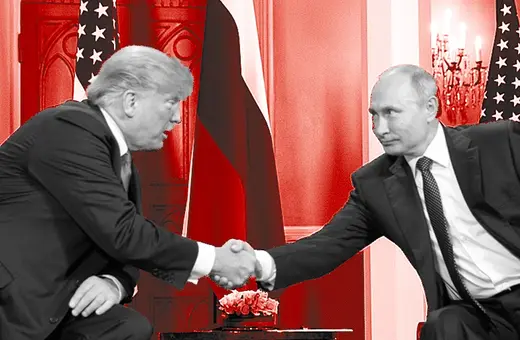In the modern world, sport is a crucial part of national identity. A victory over historical rivals can lift a country, a defeat can cast it down. Labour’s loss in the 1970 general election is widely attributed to England’s elimination from the World Cup a few days earlier. Half a million Czechoslovakians thronged the streets when their team beat the Russians in the 1969 World Ice Hockey Championship. When Uruguay upset Brazil in the 1950 World Cup Final, most of the bars and restaurants in Rio closed their shutters.
The make-up of national teams comes to function as a visible symbol of national character. The people representing us on the field show us what kind of country we are. And this means that the rules governing eligibility for national selection assume a critical importance. Who is entitled to play for the national team? The answer is an important marker of attitudes towards immigrants and refugees.
Consider Adnan Januzaj, who has been on Manchester United’s books since shortly after his sixteenth birthday. Januzaj’s parents are ethnic Albanians who fled Kosovo in 1992 to avoid the Yugoslav army draft. Adnan was born in Belgium three years later and moved to Manchester to join United’s youth programme in 2011.
Once Januzaj broke into United’s first team two years later, his talents generated much debate about which national team he would end up playing for. Turkey, Kosovo, Albania, Serbia, Croatia, Belgium and England were all mentioned as possibilities.
The idea that Januzaj might qualify for England prompted some interesting reactions. Jack Wilshere, the very home-grown Arsenal midfielder, was particularly forthright: "The only people who should play for England are English people" he insisted when quizzed by the press.
I’m a great admirer of Wilshere’s skills but his attitude strikes me as indefensible. As someone whose maternal grandparents were born German Jews, and whose formative years were spent in apartheid South Africa, I am naturally sympathetic to those who seek to forge a new life in a new country. But even those who don’t share my cosmopolitan sentiments should think twice before siding with Wilshere’s little-Englandism.
It is not hard to expose the dangers implicit in Wilshere’s attitude. By and large, national sporting eligibility in the modern world depends on citizenship. And citizenship in turn depends on residence. Nearly all countries allow those who have been legally resident for some fixed period to become ‘naturalized’ citizens. In Britain the required period is five years and so Junuzaj became eligible for British citizenship last year.





















Join the conversation